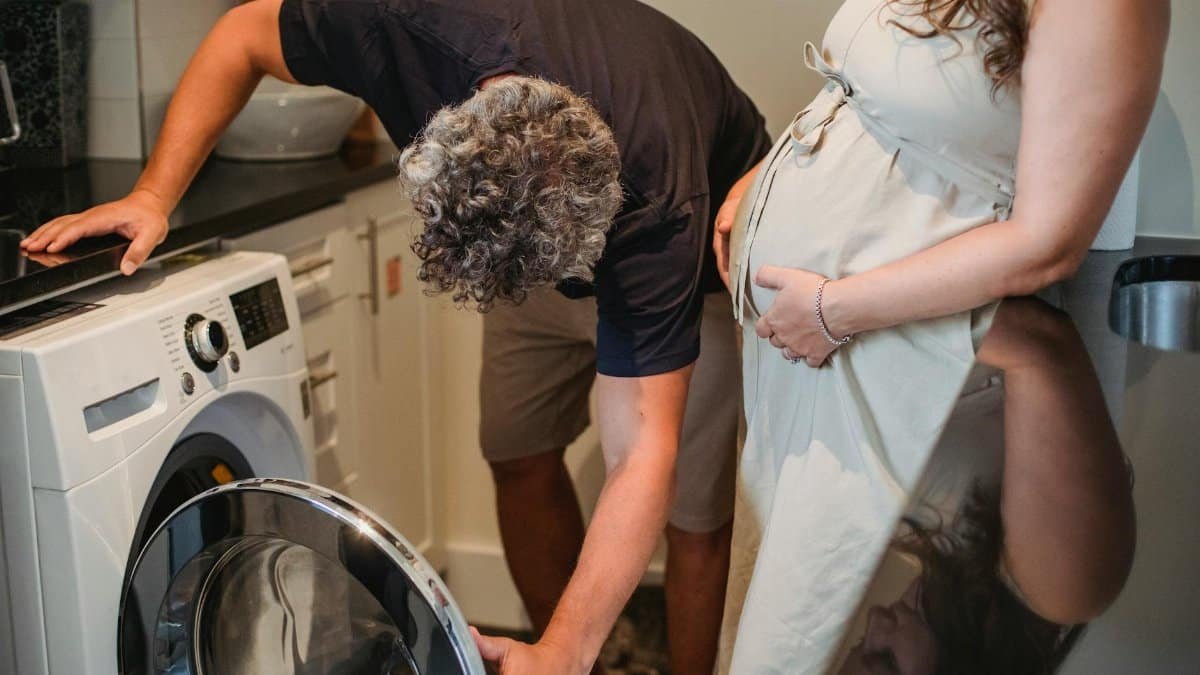Is gamifying chores rewards really the solution everyone claims? With households across the U.S. struggling to keep up with daily tasks in 2025, turning housework into a game with micro-rewards is gaining traction. Apps and systems that offer points, badges, or small incentives for completing chores are popping up, promising to make mundane tasks feel like a win. But does this trend hold up under scrutiny, or is it just a fleeting gimmick? Let’s break down how gamifying chores rewards is reshaping routines and whether it’s worth the hype.
What Is Gamifying Chores Rewards?
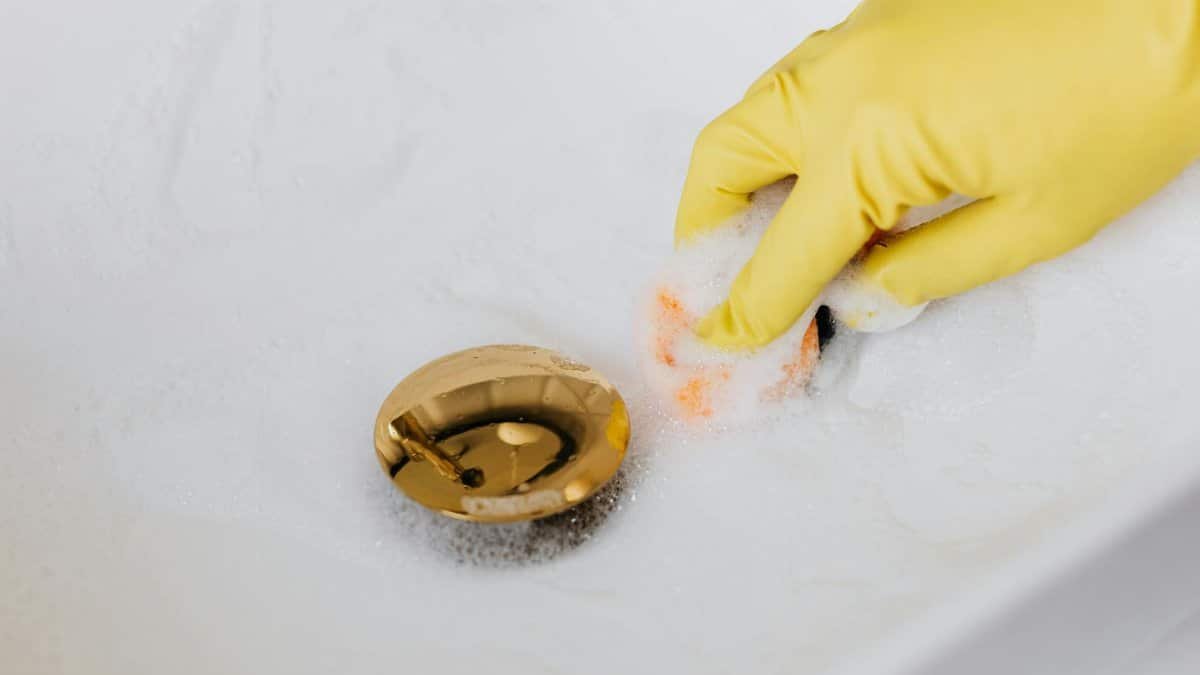
At its core, gamifying chores rewards means applying game-like elements to everyday tasks. Think points for doing laundry, badges for vacuuming, or even small cash incentives for kids who clean their rooms. The idea is to trigger dopamine hits—those feel-good brain chemicals—that make boring work feel satisfying. Apps like ChoreMonster and Habitica have led the charge, turning to-do lists into quests. It’s a psychological hack aimed at making responsibility less of a drag.
Why It’s Catching On in 2025

American families are busier than ever, juggling remote work, school, and endless errands. Gamifying chores offers a way to lighten the mental load. A 2023 study from the University of Michigan showed that gamification boosts task completion by 30% in controlled settings ( University of Michigan Research ). With stress levels still high post-pandemic, households are desperate for motivation tools. This trend taps into our love for instant gratification, mirroring the appeal of video games and social media likes.
The Apps Leading the Charge
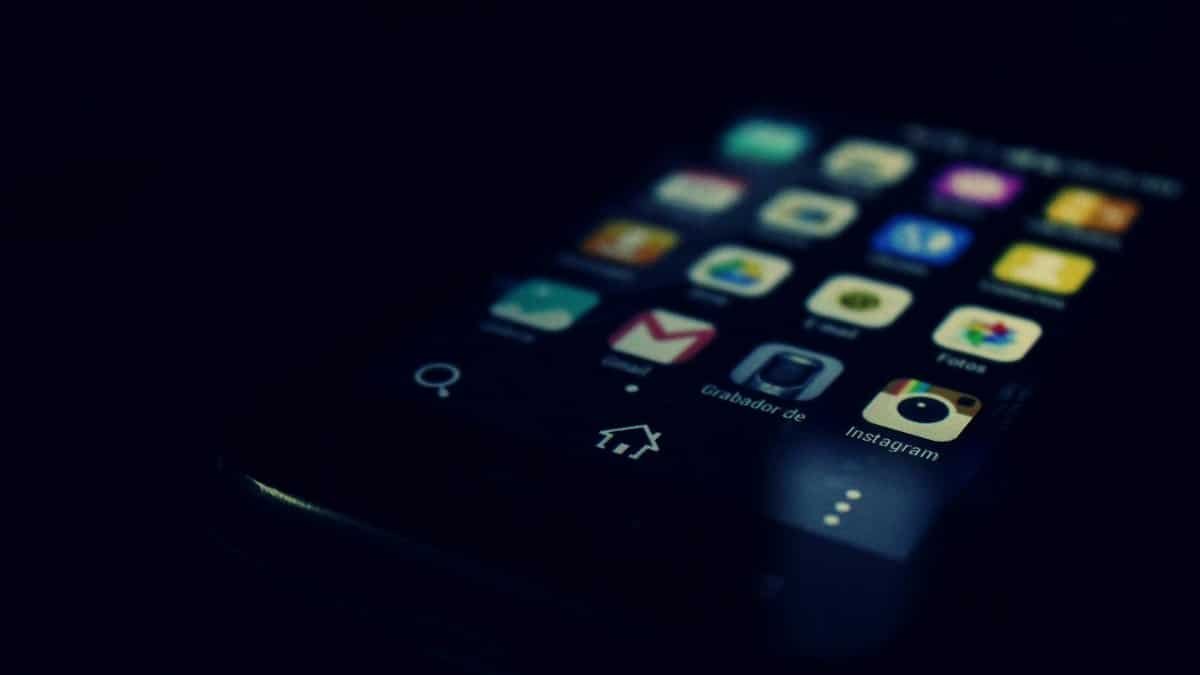
Several apps are driving the gamifying chores rewards movement. Habitica lets users build avatars and “level up” by finishing tasks, while ChoreMonster targets kids with monster-themed rewards. Way of Life, another contender, focuses on habit-building with streaks and reminders. These platforms aren’t just for families—solo dwellers use them to stay on top of cleaning too. Downloads for chore gamification apps spiked 25% in 2024, per industry reports summarized by TechCrunch ( TechCrunch Apps Coverage ).
How Micro-Rewards Work
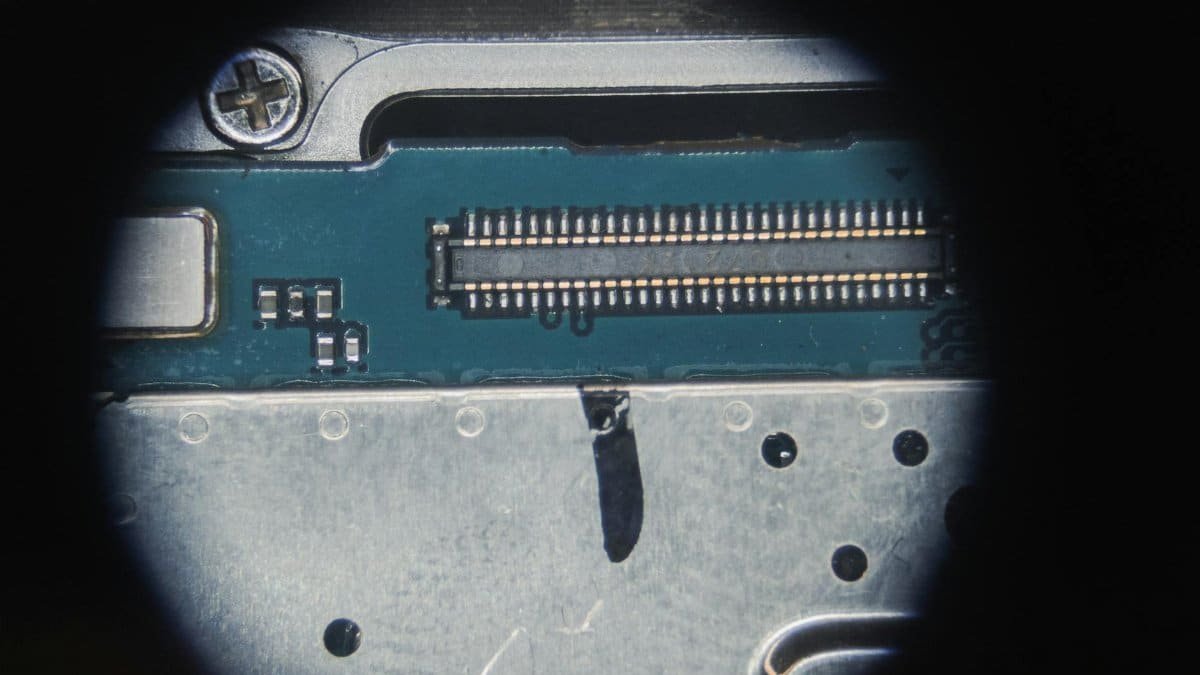
Micro-rewards are the engine behind gamified chores. Finish washing dishes? Earn 10 points toward a virtual badge or a real-world treat like a coffee. For kids, it might mean screen time or a small allowance boost. The key is immediacy—rewards must come fast to reinforce behavior. Psychologists note this mimics slot machine mechanics, where small, frequent wins keep players hooked. It’s effective, but some worry it could make intrinsic motivation harder to sustain.
The Upside: Productivity and Fun
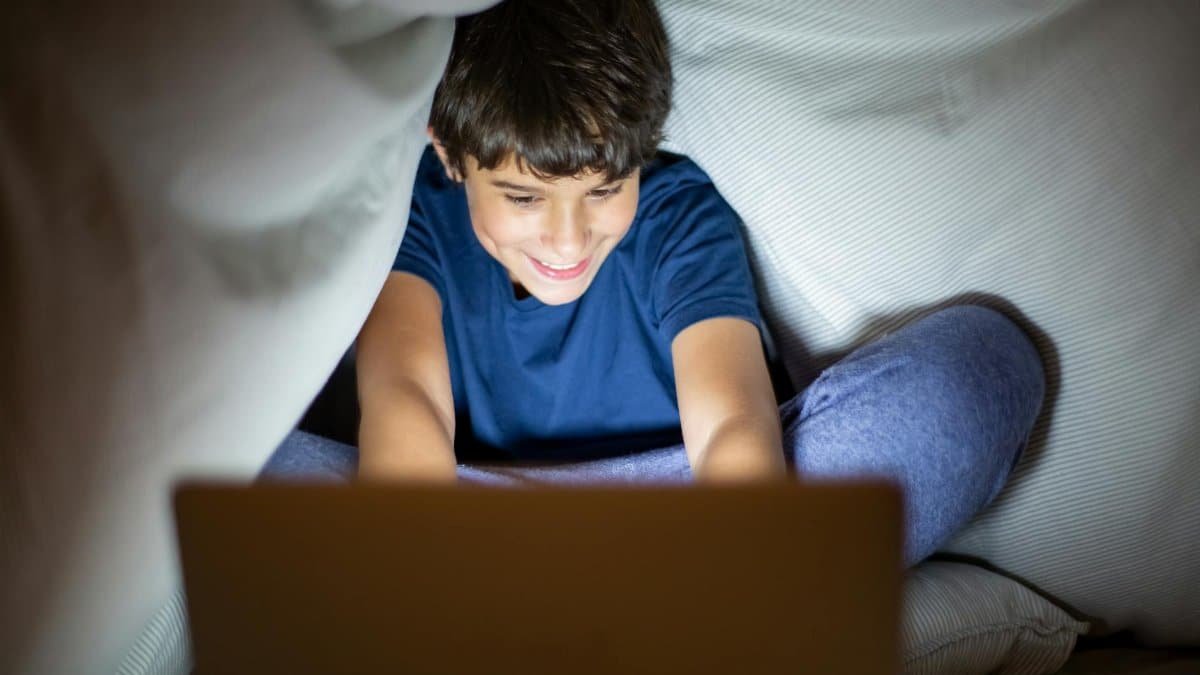
Proponents argue gamifying chores rewards transforms drudgery into something bearable. Parents report less nagging when kids chase points instead of dodging tasks. Adults, too, find satisfaction in checking off gamified lists. A working mom from Ohio shared, “My son used to fight me on cleaning. Now he races to earn app badges before dinner.” Data backs this up—users of gamified systems report higher consistency in completing routine jobs compared to traditional methods.
The Downside: Dependency Risks
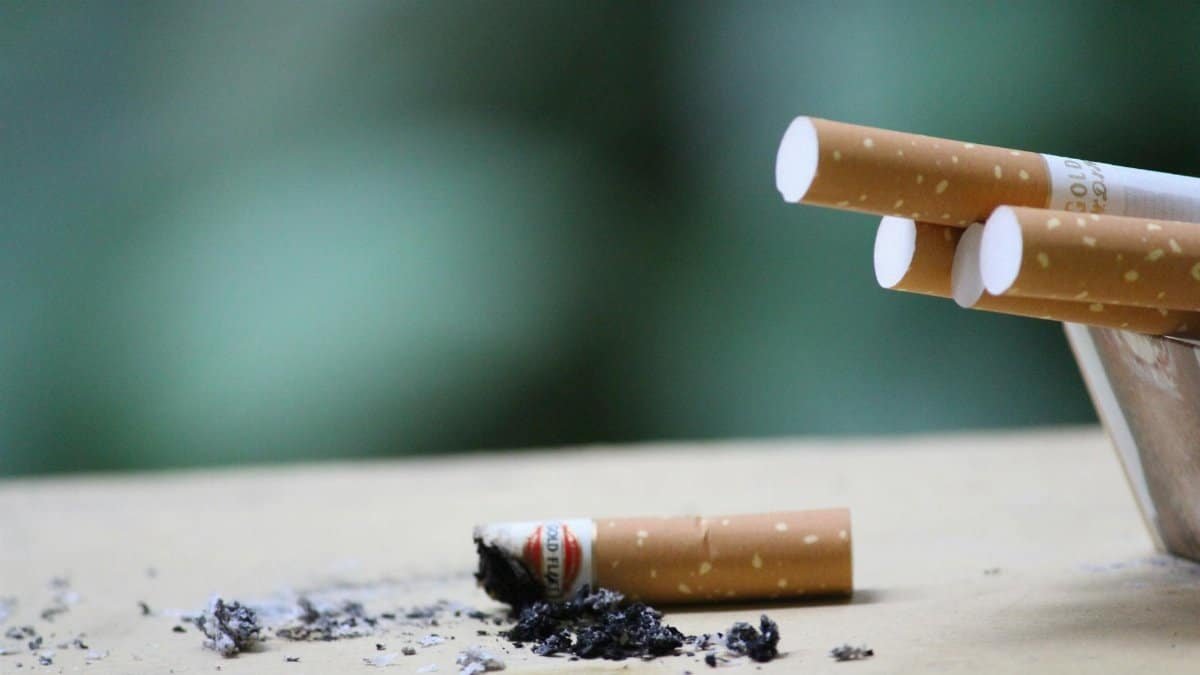
Not everyone’s sold. Critics warn that relying on external rewards can backfire. If the app crashes or the incentives dry up, will anyone still scrub the toilet? Behavioral experts caution that over-gamification might erode internal drive, especially in children. There’s also the time sink—setting up systems and tracking points can feel like a chore itself. For some, the novelty wears off fast, leaving them back at square one.
Who Benefits Most?
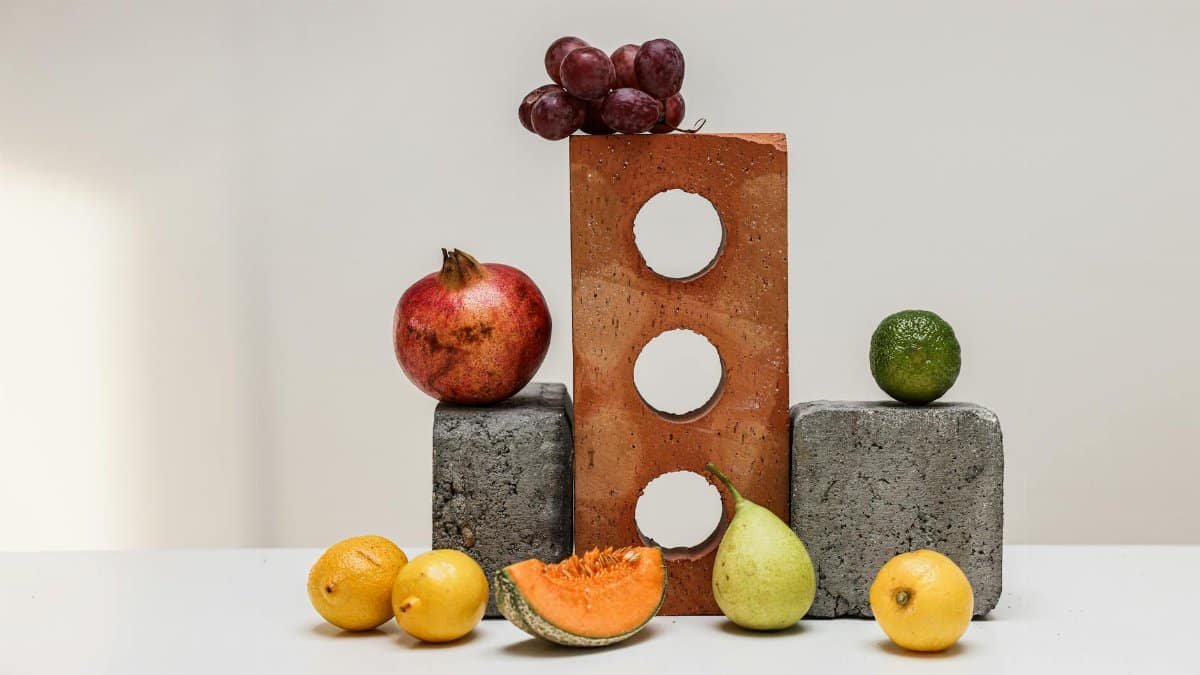
This trend isn’t universal. Families with young kids or tech-savvy teens often see the best results, as do adults who thrive on structure. But for those already disciplined—or who hate tech—it’s a nonstarter. Age and personality play a role too. Younger users love the game vibe, while older adults might find it childish. If you’re drowning in chaos, though, a gamified system could be the nudge you need to regain control.
Making It Work for You
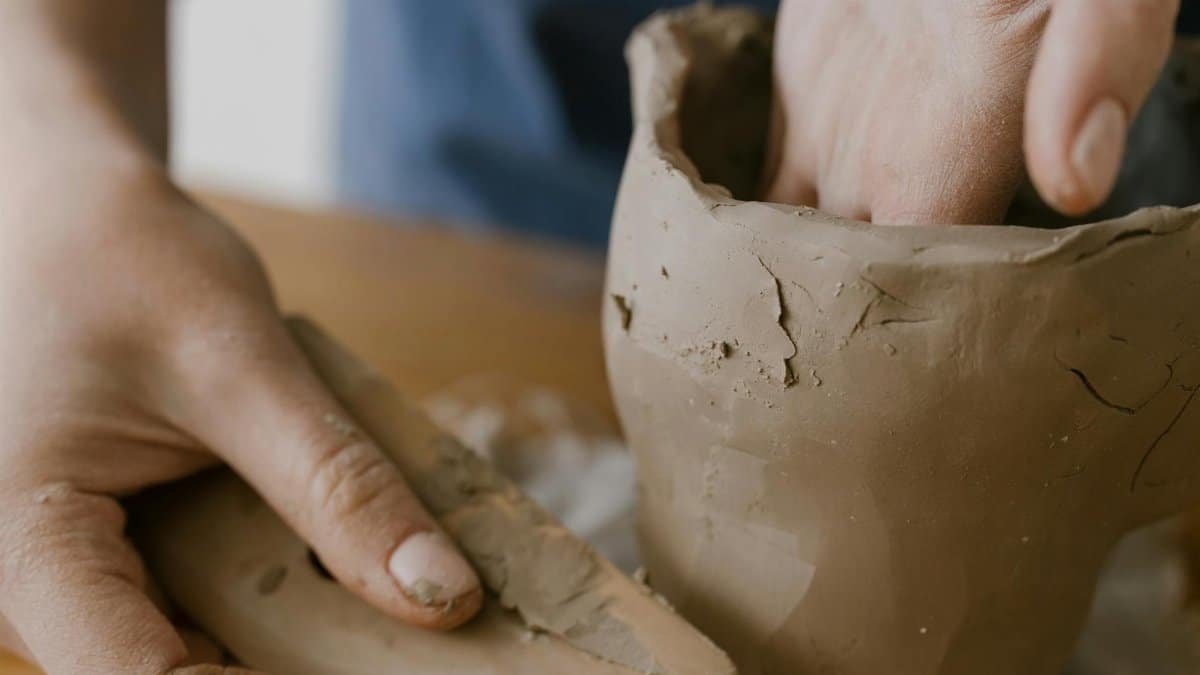
Want to try gamifying chores rewards? Start simple. Pick one task, like dishwashing, and assign a small reward—maybe a favorite snack after completion. Use a free app like Habitica to track progress without overcomplicating things. Set clear rules, especially with kids, so rewards don’t spiral into entitlement. Most importantly, keep expectations realistic. Gamification won’t turn housework into a party, but it might make Monday mornings slightly less painful.

A certified hypnotherapist, Reiki practitioner, sound healer, and MBCT trainer, Christopher guides our journey into the spiritual dimension, helping you tap into a deeper sense of peace and awareness.
Disclaimer
The content on this post is for informational purposes only. It is not intended as a substitute for professional health or financial advice. Always seek the guidance of a qualified professional with any questions you may have regarding your health or finances. All information is provided by FulfilledHumans.com (a brand of EgoEase LLC) and is not guaranteed to be complete, accurate, or reliable.
